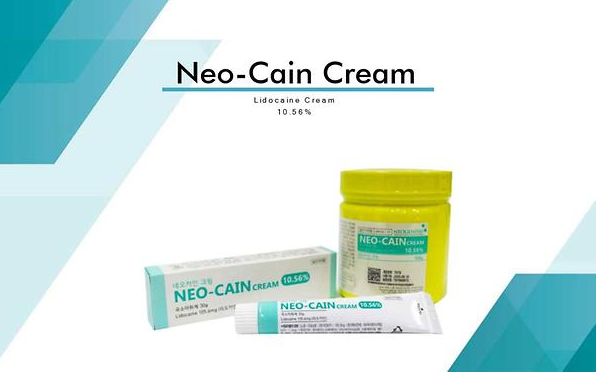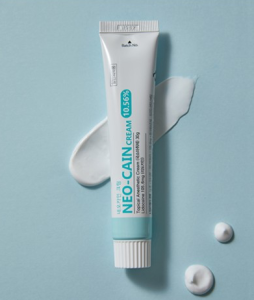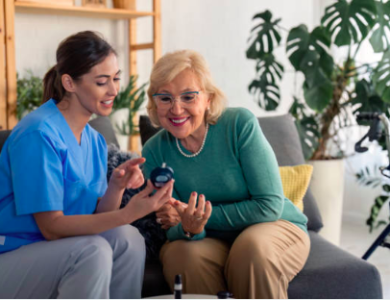Title: The Importance of Topical Cream Application for Needle Injections and Surgical Treatments in Aesthetic Procedures

Introduction:
In the field of aesthetic medicine, various procedures such as needle injections (bio-revitalization, mesotherapy, thread lifting, bb glow) and surgical treatments play a crucial role in enhancing one’s appearance. To ensure optimal patient comfort and minimize potential discomfort during these procedures, the application of topical creams to the skin prior to treatment has become a standard practice. This article aims to explore the significance of topical cream application, emphasizing its benefits and the professional approach required for its implementation.
Section 1: Understanding Topical Creams
1.1 Definition and Composition:
Topical creams are pharmaceutical formulations designed to be applied externally to the skin. They typically consist of a base, active ingredients, and various additives. The base provides a vehicle for delivering the active ingredients to the targeted area, while additives may include preservatives, emulsifiers, and stabilizers.
1.2 Types of Topical Creams:
There are different types of topical creams available, each tailored to specific purposes. In the context of needle injections and surgical treatments, the most commonly used creams include numbing creams, topical anesthetic creams, and pre-procedure creams.
Section 2: Benefits of Topical Cream Application
2.1 Minimizing Discomfort:
The primary benefit of topical cream application is the reduction of discomfort experienced during needle injections and surgical treatments. Numbing creams, for instance, contain local anesthetics that temporarily desensitize the skin, making the procedure more tolerable for patients.
2.2 Enhancing Patient Experience:
By minimizing discomfort, topical creams contribute to a more positive patient experience. Patients who feel less pain or discomfort during aesthetic procedures are more likely to have a favorable perception of the treatment and the healthcare professional administering it.
2.3 Reducing Anxiety and Stress:
The application of topical anesthetic creams can help alleviate anxiety and stress associated with needle injections and surgical treatments. Patients often experience apprehension before such procedures, and the use of topical creams can provide a sense of reassurance and relaxation.
2.4 Improving Treatment Precision:
Topical creams can also improve treatment precision by reducing involuntary movements caused by discomfort. When patients are more comfortable, they are less likely to flinch or move during the procedure, allowing the healthcare professional to perform the treatment with greater accuracy.

Section 3: Professional Approach to Topical Cream Application
3.1 Patient Assessment:
Before applying any topical cream, a thorough patient assessment is essential. This includes evaluating the patient’s medical history, allergies, and any potential contraindications to the cream’s ingredients. It is crucial to ensure patient safety and minimize the risk of adverse reactions.The primary benefit of topical cream application is the reduction of discomfort experienced during needle injections and surgical treatments. Numbing creams, for instance, contain local anesthetics that temporarily desensitize the skin, making the procedure more tolerable for patients.
3.2 Proper Application Technique:
Healthcare professionals should follow a standardized application technique to ensure consistent and effective results. This includes cleaning the treatment area, applying an appropriate amount of cream, and gently massaging it into the skin. Adhering to proper hygiene practices is essential to prevent contamination.
3.3 Monitoring and Evaluation:
Throughout the procedure, healthcare professionals should closely monitor the patient’s response to the topical cream. This includes assessing the onset and duration of numbing effects, as well as any adverse reactions. Regular evaluation ensures patient comfort and allows for adjustments if necessary.
Conclusion:
The application of topical creams before needle injections and surgical treatments in aesthetic procedures is a vital aspect of patient care. By minimizing discomfort, enhancing the patient experience, and improving treatment precision, topical creams contribute to successful outcomes and patient satisfaction. Healthcare professionals must approach topical cream application with a professional demeanor, adhering to proper techniques and closely monitoring patients throughout the procedure. By doing so, they can ensure optimal results and provide a safe and comfortable environment for their patients.








